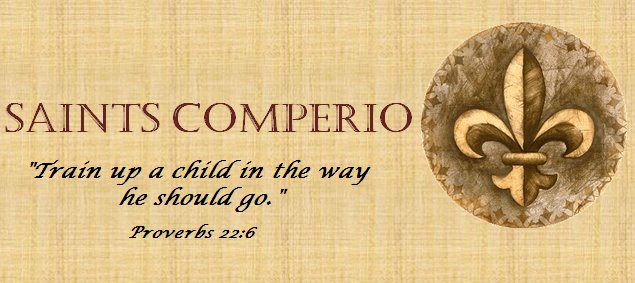It doesn't have to be a war or 'either or' when it comes to curriculum. Teachers used to say that it was important to learn math facts in case you forgot your calculator. In the same manner, why does handwriting or grammar count when we live in a world of laptops and 'spell check'?
It matters because we live in a world where both having the skills to function independent of technology and facile use of equipment and software are both in demand. Take for example, a power outage during a hurricane. Seem a bit too "Oh, come on" for you? Then lets look at the College Board and the ACT. The writing portions of these exams so critical to our students' admission to postsecondary education are all done by hand. No word processing here! Use of calculators is permitted in some instances, but the time saved on these 'timed' tests when a student can do the math quickly in his or her head might just make the difference in ultimate total scores.
It matters because one of the key factors in student academic success is the ability to 'self teach' and accept responsibility for learning. For example, the boys and girls who learn to read words as a whole do much worse in their ultimate reading comprehension and fluency than the pupil who can sound out or 'attack' new words independently. The student who can answer only simple factual questions about a passage of content is handicapped when the questions get harder and require logic, using information gained to determine outcomes, or summarizing what has been taught so that it can be useful to future learning. Likewise in mathematics, counting on fingers is a tool to learning, but clearly it slows one down. Since learning math facts for speed and accuracy must be mastered before students begin to manipulate more difficult mathematical concepts, whether it is long division, algebra, or calculus; mastering the foundational skills is critical to success.
Students who grasp the idea, even in the primary grades, that it is their job to work at learning and then use what they learn to build upon are the most successful. Knowledge is a framework constructed, like a building, of critical foundations that will be built upon, grown, elaborated, and used throughout one's life. Stopping at the simple fundamentals limits one; expecting the teacher to do all the 'head work' and 'construction' is doomed to leave a student at the very rudimentary level of skills for life. The skilled teacher weaves direct instruction of content, facts, and procedures with constant prods to move to the next level of sophistication in thinking about, building upon, and using the facts learned to build 'knowledge'.
Knowledge,then is not just random, unconnected facts, but a congruent connected batch of information and experience that forms the very way we perceive life and what we can become. Problem solving, creativity, experimentation, and discovery cannot happen without a base of knowledge and skills.
So why then computers? To replace the need for handwriting and personal research and study? Au contraire, to augment the acquisition and manipulation of knowledge. To connect students with other resources and educational tools beyond the local library. To virtually 'see and do' when actual experimentation or travel is impossible. It goes without mention that it is vital that our students be computer saavy in today's world and all the more into their futures.
Classical education based on building knowledge and using it to learn even more complex concepts combined with technology tools that enhance our manipulation of information and data together make a complete college bound curriculum. That is our goal at St. John Lutheran.
Subscribe to:
Post Comments (Atom)

No comments:
Post a Comment